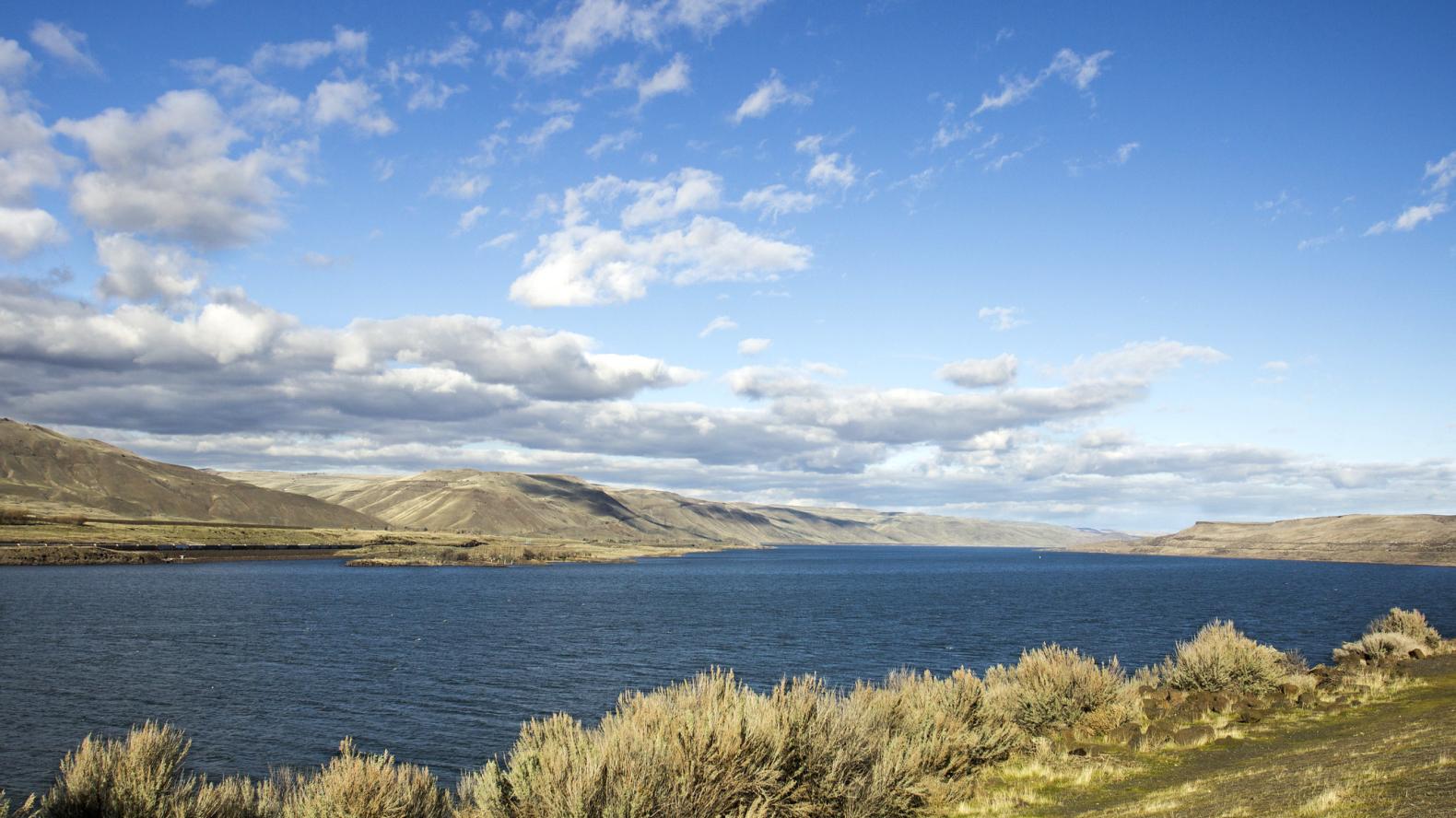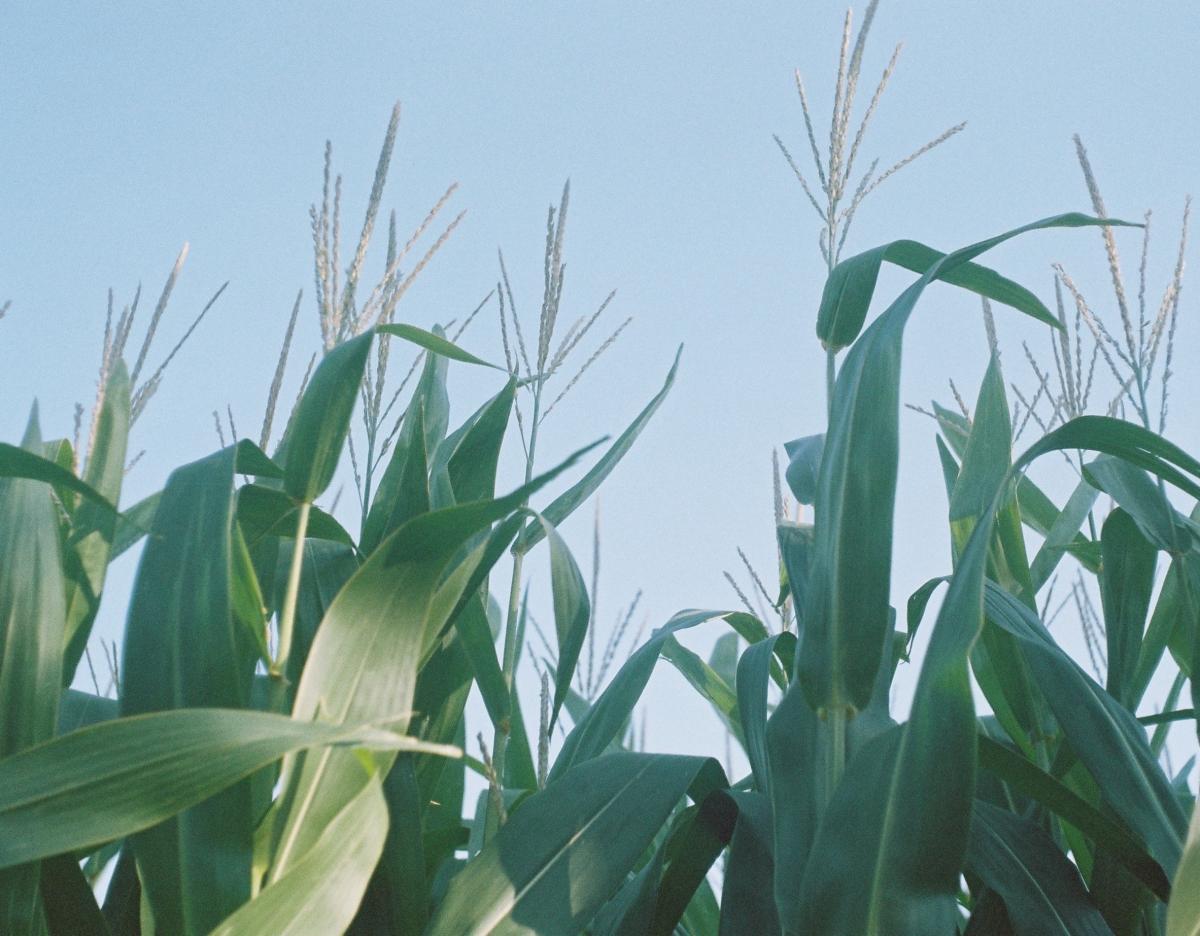
 Through his research, Dr. John Wagner, Professor of anthropology in the Department of Community, Culture and Global Studies, is challenging conventional wisdom — that the treaty is only concerned with hydropower and flood control — and focusing instead on the irrigation benefits of the treaty for Washington State agriculture.
Through his research, Dr. John Wagner, Professor of anthropology in the Department of Community, Culture and Global Studies, is challenging conventional wisdom — that the treaty is only concerned with hydropower and flood control — and focusing instead on the irrigation benefits of the treaty for Washington State agriculture.
Wagner has proposed a “reframing” of our understanding of the treaty so that its history as an instrument of settler colonialism and agricultural development can be more fully understood. The implications of this reframing are enormous, since treaty waters are being used to support forms of industrial agriculture in the US that are now understood to be among the most impactful drivers of climate change in the region.
Wagner is also focusing his attention on both Indigenous and settler food sovereignty movements on both sides of the border, in order to assess the extent to which such movements provide a more sustainable food system model for the region as a whole.
Ideally, greater recognition of the food system and climate change implications of the treaty by negotiators and the general public, will lead to a more comprehensive and sustainable agreement, and one that is supportive of the calls to action of the Truth and Reconciliation Commission of Canada, and the United Nations Declaration on the Rights of Indigenous Peoples.
